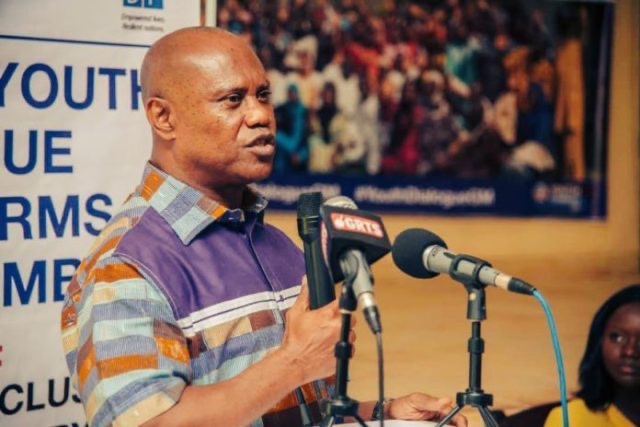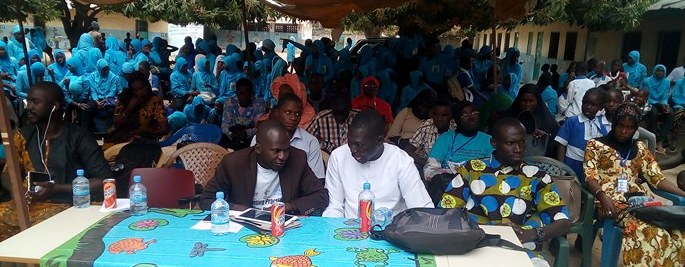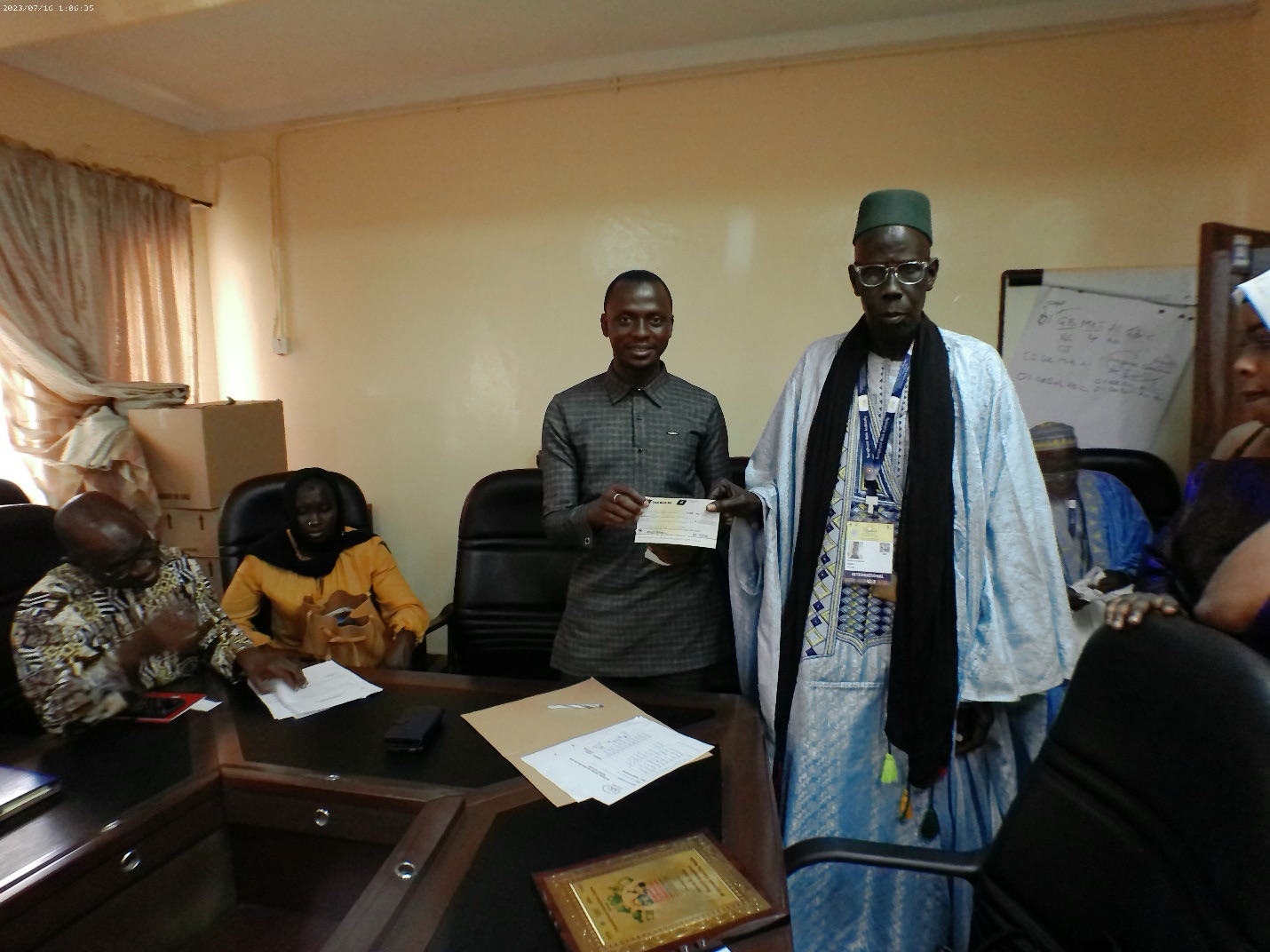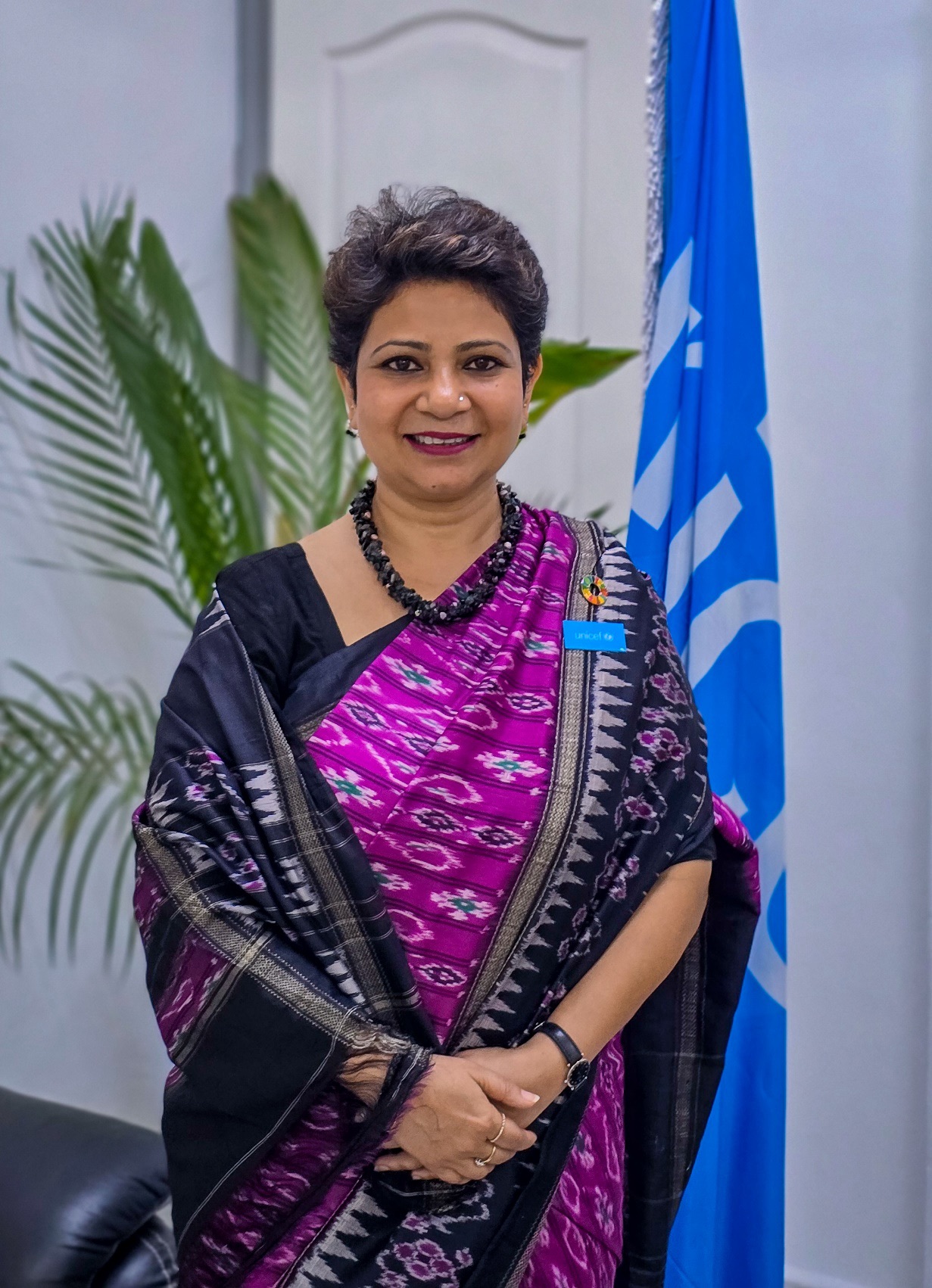By: Nicholas Bass
The Solicitor General and Legal Secretary, Mr. Hussein Thomasi, has said the Gambia government has registered a significant progress towards ensuring the operationalization of the Victims Reparations Commission, adding that the selection of potential commissioners has been complete.
“The selection of potential Commissioners has been completed by the Selection Panel established under section 13 of the Victims Reparations Act and the Report of the Selection Panel forwarded to the National Assembly for its deliberations on the 14th of December 2024,” added SG Thomasi in response to questions filed by this reporter about reparations for the victims of former President Yahya Jammeh and germane matters.
According to him, the selection of Commissioners for the Reparations Commission must be conducted by an independent selection panel in accordance with section 13 of the Reparations Act.
“The Selection Panel was formally constituted and convened for its inaugural meeting on 5th March 2024, at the Ministry of Justice Conference Room. During this meeting, the Panel adopted its Term of Reference and outlined a roadmap to guide its work,” he explained.
“With technical support from the International Centre for Transitional Justice (ICTJ) and the United Nations Office of the High Commissioner for Human Rights, the Panel received detailed guidelines for the selection process. Additionally, the Post-TRRC Unit (PTU) at the Ministry of Justice, which serves as the Secretariat to the Steering Committee on the Implementation of the TRRC Recommendations, reviewed the Victims Reparations Act with Panel members to ensure clarity of its role.”
The solicitor general and legal secretary explained that a public call for applications and nominations was issued on 19th March 2024 through local newspapers, radio, television and on the Gamjobs platform, inviting qualified individuals to apply or nominate others for the position of commissioner by the 9th April 2024. He continued: “Initially, only six applications were received. Consequently, the application period was extended to the 30th April 2024, and the PTU made a public appeal on GRTS during the news hour to encourage more qualified Gambians to apply. This resulted in a total of 63 applications/nominations. The Selection Panel conducted a thorough longlisting process, followed by shortlisting candidates for interviews. After the interview, the following nine candidates were recommended by the Panel: Dr. Badara Loum, Haddy Mboge Barrow, Abdou Manneh, Sira Ndow, Isatou Jammeh, Saffiatou Touray, Ebou Faye Njie, Isatou Ndow and Dr. Babanding Daffeh.”
The solicitor general said the Report of the Selection Panel was submitted to the attorney general and minister of justice and that the names of the nine shortlisted candidates were published in the Gazette for a period of 14 days.
“The names were gazette from Date to Date. The Ministry of Justice has now forwarded the Selection Panel’s Report to the National Assembly for further consideration. In accordance with section 13(7) of the Reparations Act, the National Assembly will select seven out of the nine candidates recommended by the Selection Panel. The final seven will be appointed as Commissioners by the President. The National Assembly has scheduled a sitting to consider the Report on 9 December 2024,” stated SG Thomasi.
The Ministry of Justice clarified that reparations and reconciliation are two separate processes.
“While the Reparations Commission is responsible for the reparations process, the Ministry of Interior is overseeing the establishment of the Peace and Reconciliation Commission and other reconciliation efforts. The Peace and Reconciliation Commission Bill was validated by stakeholders earlier this year,” stated the SG.





